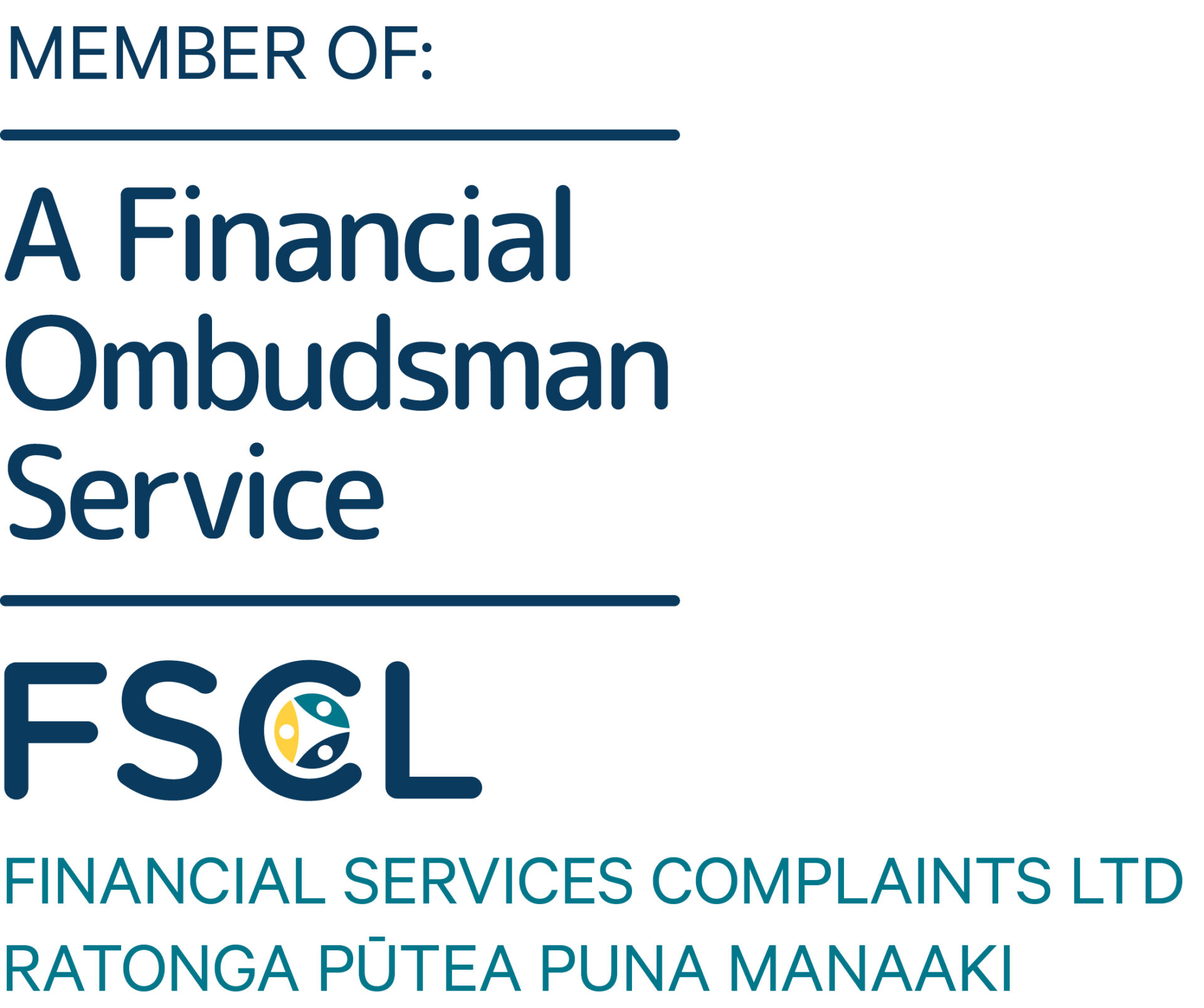Things to consider
What goes in a Will?
When it comes to writing and deciding what goes in a Will, it’s always a good idea to get professional advice from an expert.
Before you start the process of writing your Will, we suggest thinking about the following questions:
- Who do you want to be the executor of your Will? Want to find out more about what an executor does and why you would nominate Perpetual Guardian? See our section on Estate Administration.
- Do you have any specific funeral wishes? This can help your family with any decision making when it comes time to arrange your funeral.
- If you have minor children or dependants, who do you want to appoint as their guardian?
- Are there specific gifts you wish to make? Such as a gift of personal items such as jewellery, or a gift of money.
- Who would you like the rest of your estate to go to once your specific gifts have been made?

Why choose the Perpetual Guardian team?
When it comes to Wills, we know our stuff.
Before you make any decisions, our Client Managers can offer you a complimentary consultation – in person or over the phone. They will talk through your situation, answer any questions you might have, advise what goes in a Will, and how a Will can help ensure your wishes are carried out.
If you then decide to have your Will done with us, your Client Manager will guide you through the entire process. As part of this, they’ll liaise with our experienced legal team who will draft a clear, concise and easy-to-understand Will for you.
We can also store your completed Will for you, so you know it is secure until needed.
Contact us to get started on your Will with one of our experts.
What does it cost?
The cost for setting up your Will starts at $150, depending on complexity.
This covers your initial consultation with one of our expert Client Managers; the drafting of your Will by one of our resident lawyers; and any necessary edits after your initial draft is checked.
If you don’t nominate us as your executor, this is all you pay for your Will.
If, however, you’d like our expert team to execute your wishes after your passing, our standard fees apply. You can find these here.
Resources
Frequently Asked Questions
It’s important to update your Will whenever there are major changes during your lifetime.
Marriage (or re-marriage), for example, usually revokes a Will. So if you’re planning to get married, you should make a new Will. Likewise, if you’ve separated or divorced, or there are other special circumstances such as adopted children or children with a disability, you may need to make special provisions for them in your Will.
Regardless of major changes in your life, we recommend you review your Will every three to five years.
If you haven’t made a Will, you’ll have no control over how your assets (including your inheritance) are distributed when you die. In addition, those left behind may be subjected to lengthy and costly delays while the Court appoints an administrator to distribute your assets in accordance with the Administration Act 1969.
Under the terms of this Act, the division of your estate will depend on whether what family members are living and means that your estate will not be distributed in accordance with your wishes.
Although you are free to distribute your estate as you wish, in New Zealand there are three key pieces of legislation which may impose certain obligations on you when you make your Will:
- The Property (Relationships) Act 1976 – A spouse or partner has certain rights in relation to your estate. They have the option to choose if they accept what they have been left under a Will, or choose for a division of relationship property. We recommend that you seek independent legal advice when considering any relationship property matters.
- The Family Protection Act 1955 – Certain family members may have the right to claim against your estate if they do not feel they have been adequately provided for under your Will.
- Law Reform (Testamentary Promises) Act 1949 – A person may claim against your estate if you breached a promise to leave them something in your Will in return for work or services that they provided you with.
It is important to be aware of what is covered by these pieces of legislation and how they may affect the provisions you have made in your Will.
An up-to-date Will is the cornerstone of a good estate plan. However, when completing a Will, Enduring Powers of Attorney should also be put in place.
They can help provide your personal care and welfare if you become incapacitated, and the ongoing management of your assets and financial arrangements if you choose.
And then there are Trusts. They too can be a great structure to protect your family and all you’ve worked for throughout your life and be tailored to your unique circumstances and needs.
To find out more, ask one of our experts for more information.







